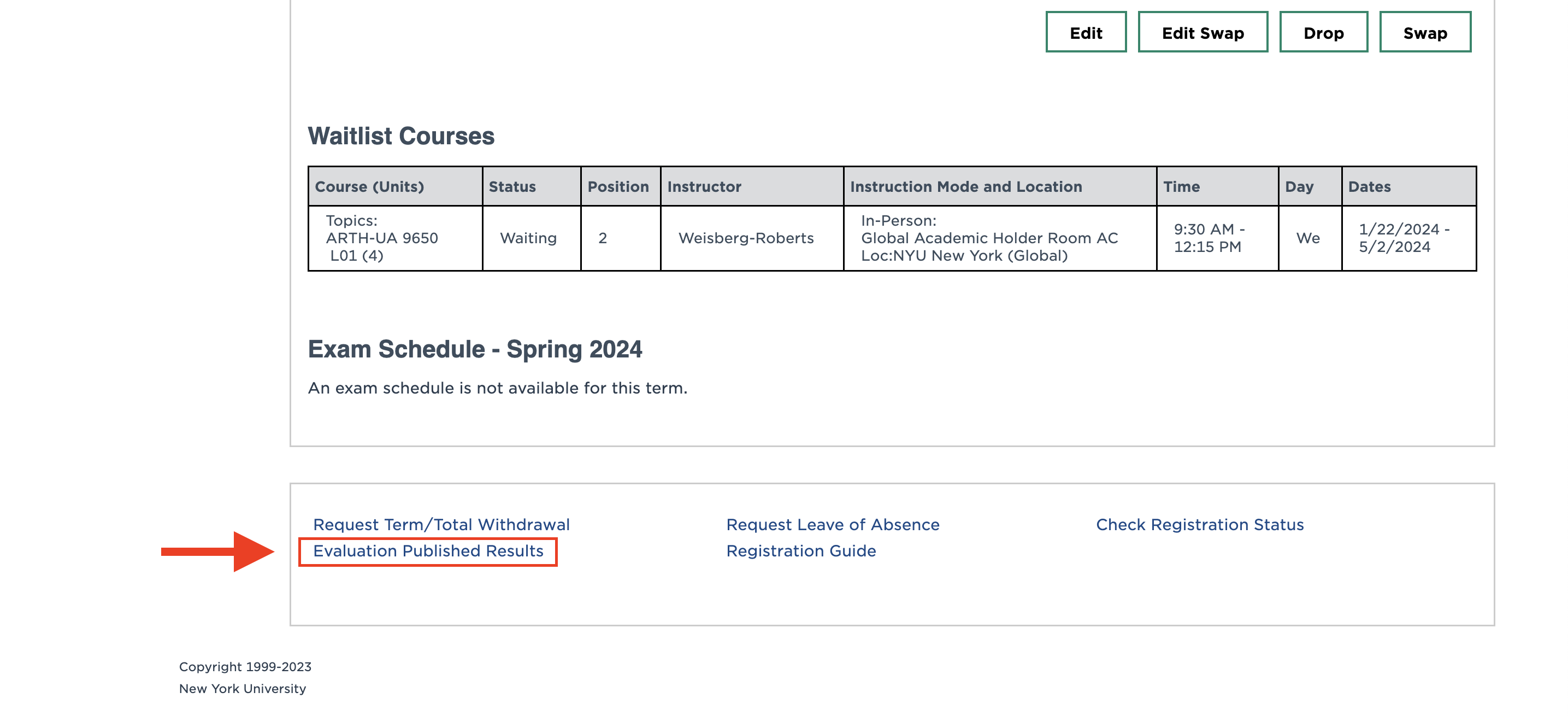Published March 19, 2024
Creating Your Ideal Course Schedule as an NYU Student

Andrey Popov, Adobe Stock
The TL;DR
- Creating a schedule and figuring out NYU's course registration process in your first semester can feel challenging.
- Set yourself up for success by planning early, communicating with your support network, asking your peers, making time for self-care, and registering early.
Figuring out which classes to take and how to organize your schedule for an upcoming semester can feel like a stressful task. There are numerous factors to consider, from recitation sections to new jobs and student activities, that will impact your routine. Here are five things to keep in mind when you are creating your schedule to set yourself up for success:
1. Plan Early
One of the best ways to prevent a hectic course registration period and an overwhelming semester is to plan ahead. It is never too early to start thinking about what classes you want to take for the upcoming semesters. Many departments post available courses for an upcoming semester on their respective page of the NYU website. You can also find classes on the NYU bulletins. These are a great resource to utilize when searching for specific courses required for your major or minor.
Understanding Your Timeline
Some major programs may also have a predetermined sequence of courses necessary for graduation. Knowing these requirements in advance can be helpful when considering future study abroad or research opportunities.
Course registration typically starts in April for the upcoming fall semester and November for the upcoming spring semester. You can find registration start dates on the NYU academic calendar. Planning your classes a few weeks before registration can save you a lot of headaches down the road.
2. Communicate with Your Support Network

Attending a large university like NYU means there are a lot of resources available to you, including your success network—a community of people dedicated to helping you thrive at NYU. This community includes your academic advisers, professors, and student success specialists. They can provide valuable advice about different classes, minors, or opportunities that might be a good fit for you. Academic advisers are your go-tos for information about your course requirements—so reach out to them!
Your adviser and student success specialist can also work with you to create a long-term academic plan that can be a useful guide for structuring your schedule. You can find contact information for your success network by logging in to NYU Connect.
3. Ask Your Peers
Besides advisers, you can tap into another great resource to help you make informed decisions about classes and scheduling: your peers! Upper-level students can offer a lot of useful insight into specific courses and professors. For first-year students, this can mean reaching out to upper-level students in your current classes or clubs. Many of us are more than happy to share our experiences!
Course Evaluation Results
If you want a general overview about a class that was taught in previous semesters, course evaluation results can help you. On the bottom of the Albert home page, you will find a link labeled “Evaluation Published Results.” This is a searchable collection of previous course evaluation results for classes across all NYU schools.

Additionally, meeting with the professors teaching the courses you are interested in can be helpful. You can usually find a professor’s contact information on their department’s website. Many professors are happy to tell you about their class and share their syllabus.
4. Leave Room for Self-Care

Although tempting, avoid creating a schedule solely based on your required courses. Try to be realistic with yourself about how much time you can engage in a class or activity before needing some space to recharge. Sometimes a three-hour class may seem like a good idea, but if you don’t make time for lunch in your schedule, this routine might not be sustainable in the long run. Designing a schedule based on your habits and behaviors can make it easier to stay motivated throughout the semester.
5. Register Early
In some cases, you might have the perfect schedule prepared, but when your registration time arrives, the classes you want are all closed. Avoid this problem by adding all of your classes to your shopping cart and validating them before your registration date. Ensure you meet all of the prerequisites listed in the description of your classes. If you complete these steps, you’ll be ready to click the “Enroll” button at your designated registration time.
Have a Plan B
It can be difficult to get into some popular classes as a first- or second-year student. So it’s always a good idea to have a plan B, a different set of courses you can take in the event that the classes you want are full. Having a list of a few alternative classes during registration can make setting up a swap a breeze.
Creating a schedule can feel intense at times, but if you work with your support network and create a game plan together, it will feel a lot easier to manage. We hope you have a smooth course registration. Happy scheduling!



